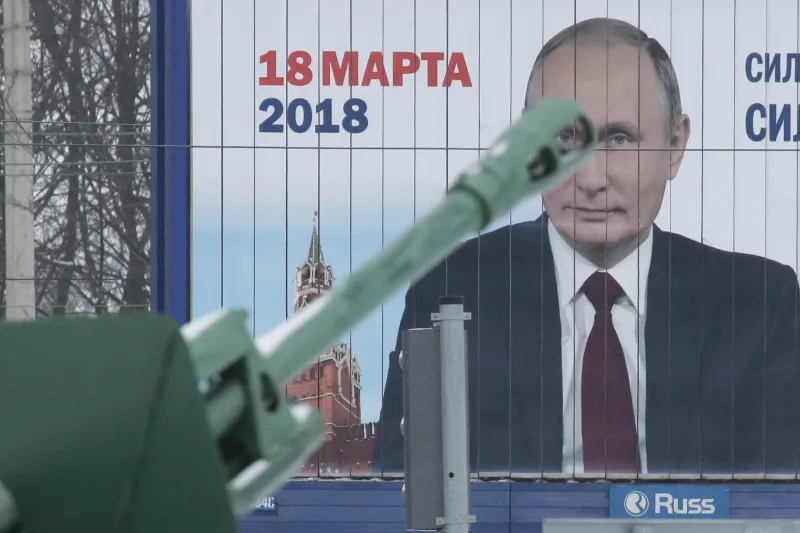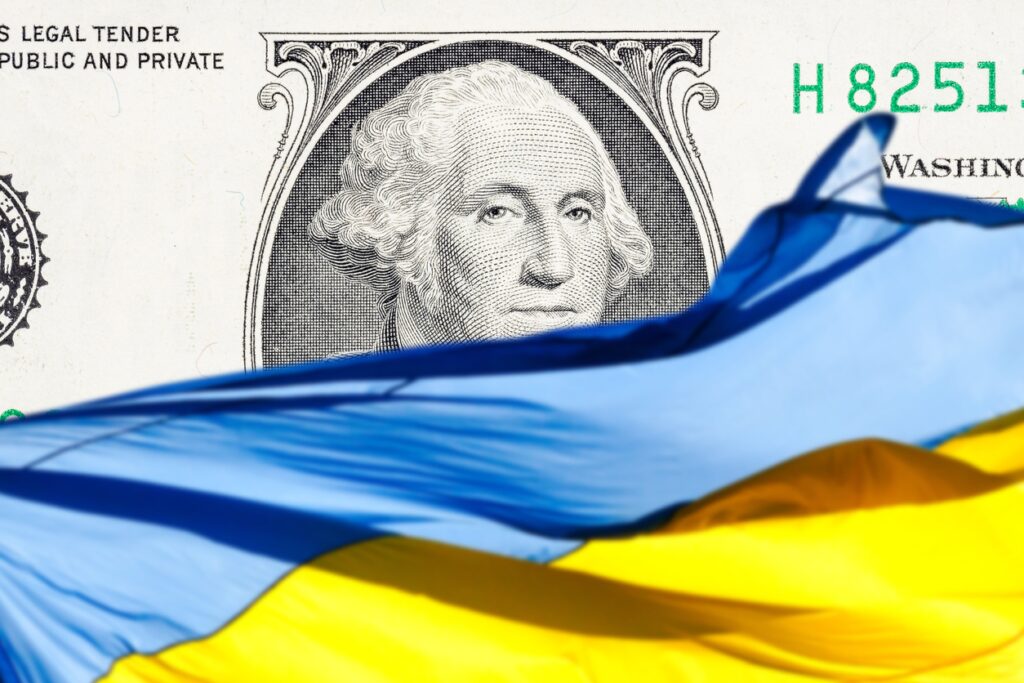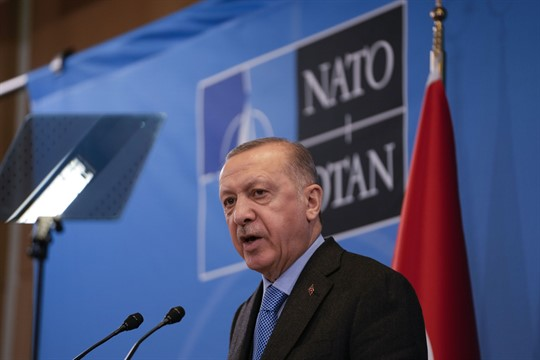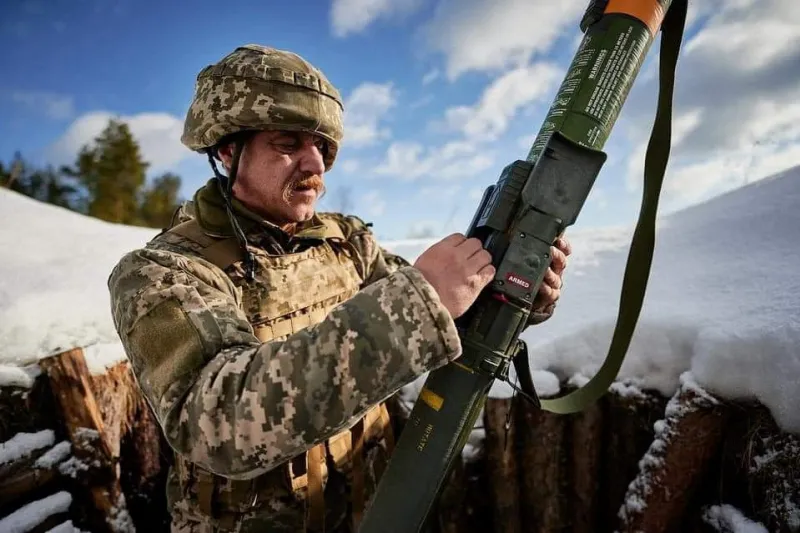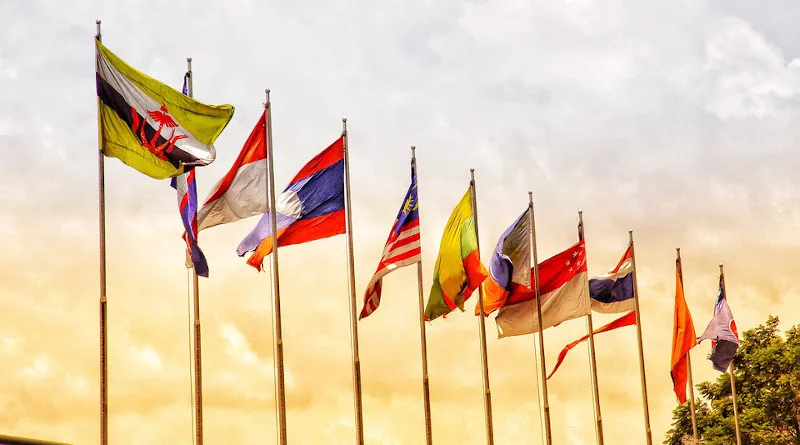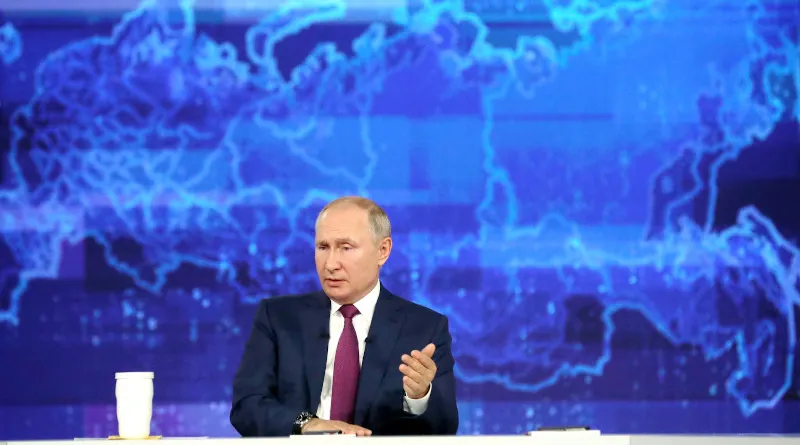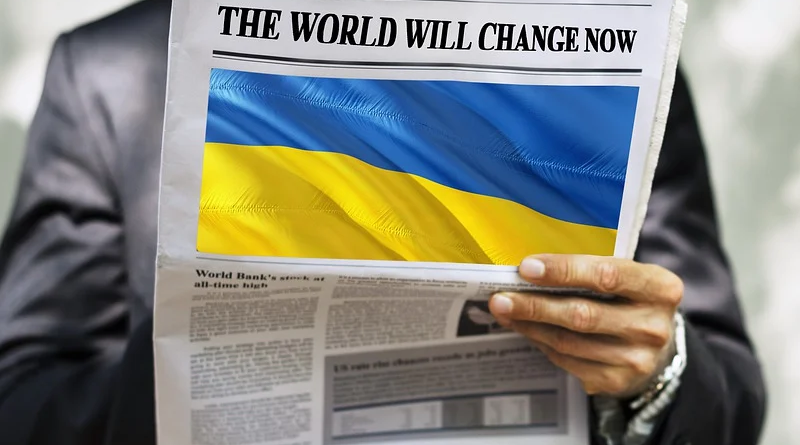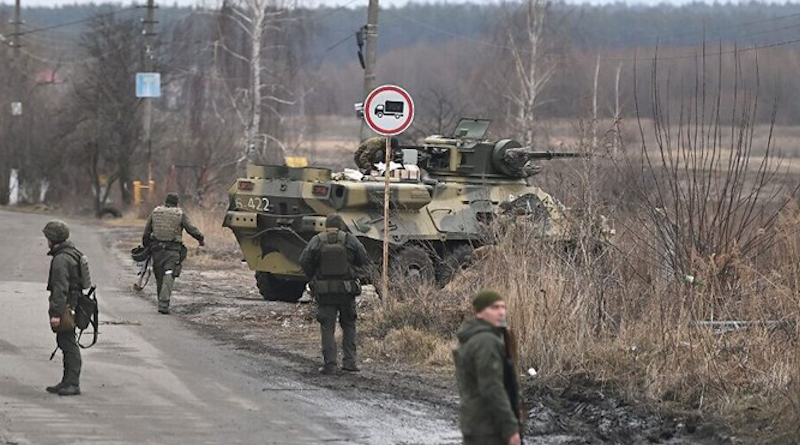How to Prepare for the Next Ukraine
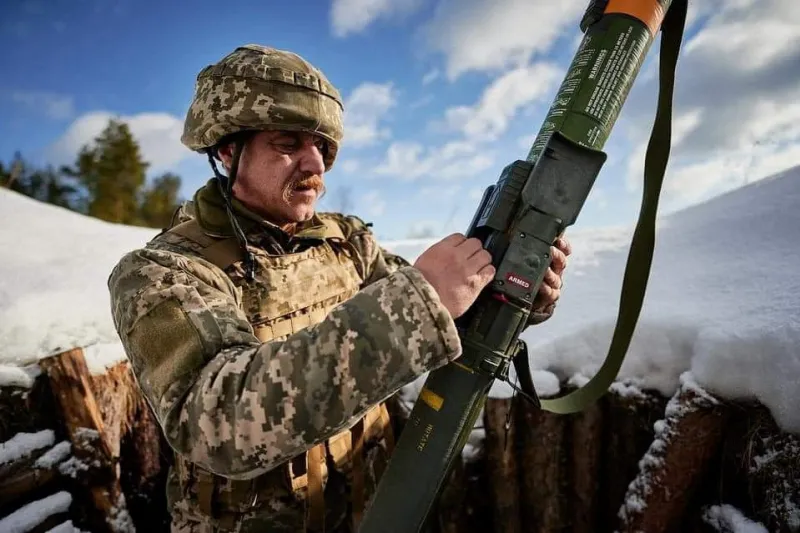
Washington Must Ramp Up Support for Vulnerable Partners—Before It’s Too Late
It is too soon to predict how Russia’s brutal, unjustified war against Ukraine will end. But for now, it is clear that the Russian military has shockingly underperformed in the first phase of the war, whereas the Ukrainian military has punched far above its weight. Other revisionist powers contemplating aggression will be looking closely at Russia’s failings to avoid making the same mistakes, and the countries they threaten will be looking to Ukraine’s example for insight into how to fend off a larger, better-equipped adversary.

